Senna: Health Benefits, Side Effects, And Risks
A versatile and power-packed herb that relieves constipation and manages the symptoms of IBS!

Image: Shutterstock
Senna is a plant that offers fruit and leaves which have rich medicinal values. Its herb has laxative properties. So, what are the health benefits of senna? Some studies suggest that senna may help ease constipation if taken in the right amounts (1).
This herb has traditionally been used in herbal medicine to improve gastrointestinal health. However, there is little evidence to back this claim, and the studies are ongoing. In this article, we discuss what senna is, its benefits, potential side effects, and the dosage. Keep reading!
 Know Your Ingredient: Senna
Know Your Ingredient: SennaWhat Is It?
Yellow color pod or leaf of the plant Senna alexandrina.
What Are Its Benefits?
Senna helps relieve constipation, treat IBS, and improve gastrointestinal health
Who Can Consume It?
Anyone finding it difficult to pass stools
How Often?
15-30 mg, twice daily for less than a week.
Caution
People with diarrhea, and stomach pain and inflammation must avoid the consumption of senna.
In This Article
What Are The Health Benefits Of Senna?
1. May Help Relieve Constipation

Senna is one of the best foods that make you poop and relieve stomach contractions. Therefore, Senna is used as a stimulant laxative in traditional medicine. It can be found in various herbal remedies like Black draught, Diasenna, Daffy’s Elixir, and herbal teas. Its active ingredients, i.e., anthraquinone glycosides, are believed to be responsible for this property (2).
However, the fresh bark of the senna plant may cause nausea, vomiting, and abdominal pain. Though senna has widely been used in the treatment of constipation, there is no research supporting its use in the management of chronic constipation (2).
Senna is also recommended to be used only occasionally. The long-term safety of its use is unclear (2).
Another report suggests that senna could be dangerous. Its leaves stimulate the nerves in the walls of the large intestines. This can cause intestinal contractions and electrolyte disturbances. One may also develop tolerance, which means higher doses are required to achieve similar effects (3).
The use of senna is not well-supported by clinical trials. Also, you may become dependent on senna if you take it for an extended period. Hence, please consult your doctor before you use senna to treat constipation.
2. May Treat Irritable Bowel Syndrome (IBS)

Irritable Bowel Syndrome or Disease (IBS or IBD) is characterized by chronic stomach ache. It is accompanied by abnormal bowel habits (diarrhea, constipation, or both). The pain often begins after eating and subsides after a bowel movement. The symptoms of IBS are bloating, the passage of mucus, and a feeling of incomplete emptying (4).
Due to its laxative property, senna might help manage the symptoms of irritable bowel syndrome (IBS) (5). How senna achieves this is yet to be studied, but some experts speculate that since the herb helps in digestion and induces colon contractions, which may help in colon cleansing by forcing the stool to move out.
However, senna is a stimulant laxative and may harm your bowel if taken for longer periods (6). Hence, please consult your doctor before taking senna.
Apart from the above-mentioned benefits, senna leaf extract may help in blood sugar control as it stimulates glucose uptake (7).
 Trivia
TriviaThe possible benefits of senna are yet to be extensively studied by the medical community. Most concerns of senna have to do with its dosage and long-term use. In the following section, we will see the side effects the overuse of senna may cause.
Key Takeaways
- Senna may help treat chronic constipation, stimulate bowel movements, and manage irritable bowel syndrome.
- Chronic use of senna leaves may cause cramps, nausea, and diarrhea.
- Pregnant and lactating women and children under 12 should avoid using senna.
- Consuming 15 to 30 mg of senna twice a day is recommended. However, consult a doctor for proper dosage.
What Are The Side Effects Of Senna?

Chronic use of senna leaves can lead to acute conditions including abdominal cramps and electrolyte disturbances. However, long-term use of stimulant laxatives like senna can lead to (8), (9):
- Cramps
- Nausea
- Diarrhea
- Sudden weight loss
- Electrolyte disturbances
- Dizziness
- Reduced liver health
- Liver injury/damage
- Hypokalemia (deficiency of potassium)
- Pigmentation of the colonic mucosa and urine
Loss of potassium or its deficiency has a major ripple effect. It can cause muscle weakness and arrhythmia (dangerous changes in heart rhythm).
Frank Cherry, a health and lifestyle blogger, shares the side effects he experienced after consuming a cup of senna tea. He writes, “I experienced an erratic and extremely elevated heartbeat (most likely due to electrolyte imbalances and fluid loss) and almost ended up hospitalized (i).” This episode taught him the importance of conducting due research before trying new ingredients.
Risks

Pregnant, nursing, and menstruating women should not use senna as there is no information on its safety. Avoid giving senna to children under twelve years.
People with intestinal blockage, IBD, intestinal ulcers, undiagnosed stomach pain, or appendicitis should also avoid senna (8).
Senna may also interact with certain drugs. If you are on medications, it is important you exercise caution.
What Are The Drug Interactions Of Senna?
Senna belongs to the cassia species, and most herbs from that species may interact with certain classes of drugs. Don’t use blood thinners, anticoagulants, corticosteroids, and heart health medication when on senna. These drugs (like Warfarin and Digoxin) might enhance potassium loss (10).
Analgesic, antipyretic, anti-inflammatory, and steroidal drugs (Paracetamol, Ketoprofen, Estradiol, etc.) may also interact with senna leaves. They increase or decrease the absorption of these drugs (10). It is essential to consult a healthcare professional before using senna alongside other treatments.
When, how, and how much senna should you take to avoid such side effects?
Dosage
The typical dose of senna is about 15-30 mg twice a day. It is recommended that you use it for less than one week (9). Senna may not be safe to take daily, although the information is mixed in this aspect. Your doctor can guide you better. You may take it in the morning or evening, but this depends on your doctor’s advice.
Senna is available in the form of tablets, tea, and leaves. We strongly recommend you consult a doctor before taking senna in any form (including supplements). They might set a suitable dose for you or advise against it.
Senna tea is often confused with Sencha green tea, so let’s check out the difference between them in the following section.
Senna Tea Vs. Sencha Green Tea
Senna tea and Sencha green tea are distinctly different beverages with varied purposes.
Senna tea is made from the leaves of the Senna plant and is primarily used as a natural laxative to relieve constipation. It works by irritating the bowel lining to trigger colon contractions and subsequent bowel movements. However, one should use it sparingly and under medical guidance as it is highly potent.
Sencha green tea, on the other hand, is a popular Japanese beverage rich in antioxidants like catechins. The tea can improve heart health, boost metabolism, promote weight loss, and enhance cognitive function (11). However, this green tea is more popular as a healthy, tasty beverage than as a medicine.
Infographic: How To Prepare Senna Tea
Senna tea is known for its laxative properties. This popular herbal supplement is rich in antioxidants like flavonoids and is made from the leaves of the senna plant. It has a sweet, slightly bitter flavor and needs only two ingredients for its preparation. Click on the infographic below to learn how to prepare senna tea easily at home. Illustration: StyleCraze Design Team
 Trivia
TriviaThe senna plant has been known for its healing and therapeutic properties, especially for its effectiveness on gastrointestinal discomforts. The leaves and fruits of this plant act as laxatives and help ease constipation. Their medicinal properties help relieve nausea, vomiting, and abdominal pain as well. Senna benefits, side effects, and long-term risks are still not well researched scientifically, so pregnant, nursing, and menstruating women should avoid using it.
Frequently Asked Questions
What is senna tea? How long does it take to show benefits?
Senna tea is made by boiling the senna leaves in water. The tea could be a short-term treatment for constipation. However, its long-term use is not supported by science yet. Also, there is no information on how long the tea would take to show the desired results.
Please consult your doctor before taking any product made of senna, including its tea.
Does senna help with weight loss?
There is no evidence that it can help with weight loss. If you want to lose weight, there are certain methods to achieve that.
Does senna remove toxins?
A study has found that senna can help in the phytoextraction of lead from soil, roots, stems, and leaves (12). However, there is no evidence to prove that it can help in detoxification in the human body.
Does senna get rid of worms?
The antimicrobial properties of senna may help get rid of worms. It has been found that senna has the potential to be an anthelmintic agent that helps get rid of parasitic worms (13).
How quickly does senna work?
Senna may take around 8 hours to work. Therefore, it is best to have it before going to bed so that it works overnight.
Does senna help with inflammation?
Yes, senna helps with inflammation. The anti-inflammatory properties of senna are one of the reasons why it has been used as an effective natural remedy against throat inflammation and constipation and to help boost the immune system (13).
Illustration: Senna - Health Benefits Side Effects And Risks

Image: Dall·E/StyleCraze Design Team
Discover the incredible benefits of Senna leaves! Learn about their natural laxative properties, digestive support, and potential health advantages in this informative video. Watch now to unlock their potential!
Personal Experience: Source
StyleCraze's articles are interwoven with authentic personal narratives that provide depth and resonance to our content. Below are the sources of the personal accounts referenced in this article.
i. Sugar and Spice are Not Always Nicehttps://frankshealthtips.wordpress.com/2014/01/29/sugar-and-spice-are-not-always-nice/
References
Articles on StyleCraze are backed by verified information from peer-reviewed and academic research papers, reputed organizations, research institutions, and medical associations to ensure accuracy and relevance. Read our editorial policy to learn more.
- Laxatives and the special role of senna, Pharmacology, US National Library of Medicine, National Institutes of Health.
https://pubmed.ncbi.nlm.nih.gov/2835784/ - Chronic constipation: Current treatment options, Canadian Journal of Gastroenterology, US National Library of Medicine, National Institutes of Health.
https://www.ncbi.nlm.nih.gov/pmc/articles/PMC3206558/ - Senna, NCBI.
https://health.cornell.edu/sites/health/files/pdf-library/LaxativeUse.pdf https://www.ncbi.nlm.nih.gov/books/NBK547922/ - Irritable bowel syndrome: Pathogenesis, diagnosis, treatment, and evidence-based medicine, World Journal of Gastroenterology, US National Library of Medicine, National Institutes of Health.
https://www.ncbi.nlm.nih.gov/pmc/articles/PMC4051916/ - Irritable bowel syndrome, Nature reviews. Disease primers, US National Library of Medicine, National Institutes of Health.
https://www.ncbi.nlm.nih.gov/pmc/articles/PMC5001845/ - Constipation in older adults, College of Family Physicians of Canada, US National Library of Medicine, National Institutes of Health.
https://www.ncbi.nlm.nih.gov/pmc/articles/PMC4325863/ - Potential Hypoglycaemic and Antiobesity Effects of Senna italica Leaf Acetone Extract, Evidence-Based Complementary and Alternative Medicine, US National Library of Medicine.
https://www.ncbi.nlm.nih.gov/pmc/articles/PMC5866891/ - Senna – A Medical Miracle Plant, Journal of Medicinal Plants Studies.
https://www.plantsjournal.com/vol1Issue1/Issue_may_2013/5.pdf - Senna, LiverTox: Clinical and Research Information on Drug-Induced Liver Injury, National Center for Biotechnology Information.
https://www.ncbi.nlm.nih.gov/books/NBK547922/ - A Review on Cassia species: Pharmacological, Traditional and Medicinal
Aspects in Various Countries, American Journal of Phytomedicine and Clinical Therapeutics.
https://citeseerx.ist.psu.edu/viewdoc/download?doi=10.1.1.679.2571&rep=rep1&type=pdf - Assessment of Lead (Pb) Remediation Potential of Senna obtusifolia in Dareta Village, Zamfara, Nigeria, Journal of health & pollution, US National Library of Medicine, National Institutes of Health.
https://pubmed.ncbi.nlm.nih.gov/32175172/ - Senna alexandrina Mill. induced ultrastructural changes on Hymenolepis diminuta, Journal of Parasitic Diseases, US National Library of Medicine, National Institutes of Health.
https://www.ncbi.nlm.nih.gov/pmc/articles/PMC5339191/ - Anti-inflammatory, laxative and intestinal motility effects of Senna macranthera leaves, Natural product research, US National Library of Medicine, National Institutes of Health.
https://pubmed.ncbi.nlm.nih.gov/21432718/
Read full bio of Lucas Aoun
Read full bio of Ravi Teja Tadimalla
Read full bio of Arshiya Syeda
Read full bio of Aparna Mallampalli







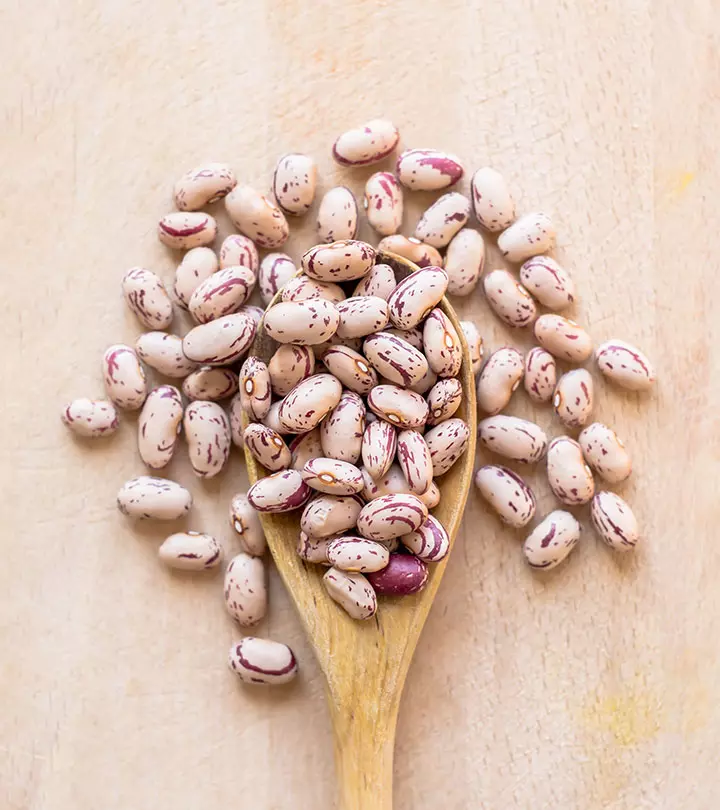




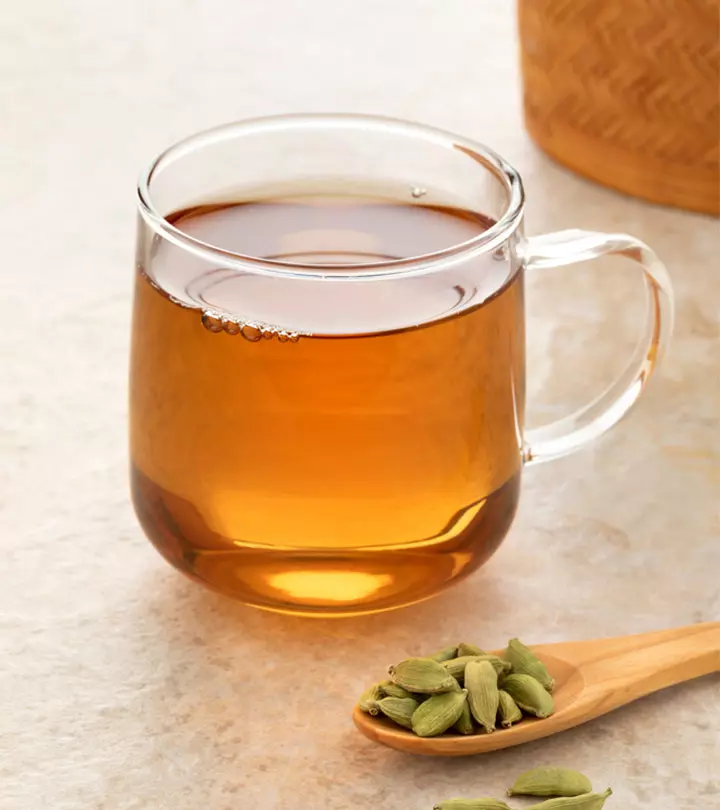





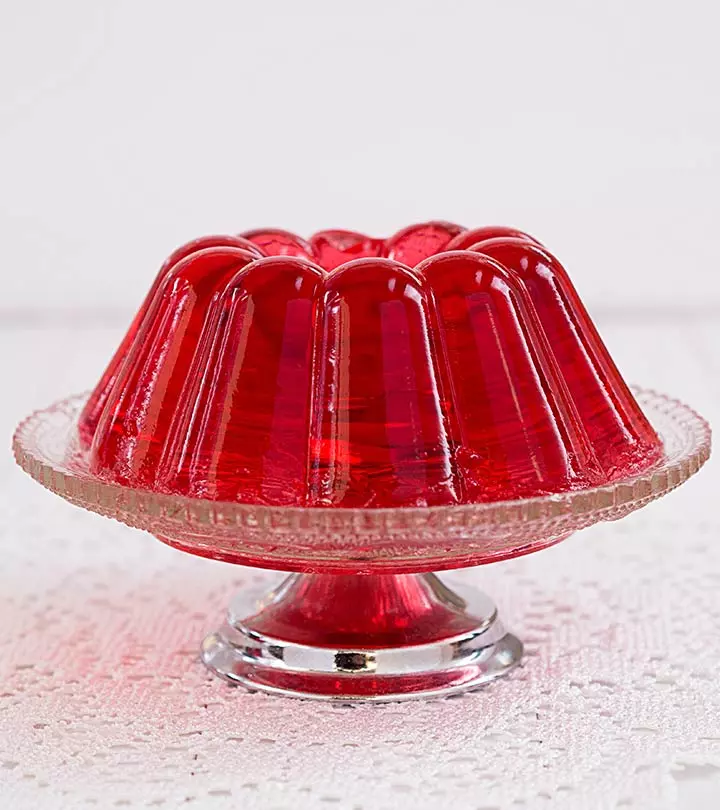

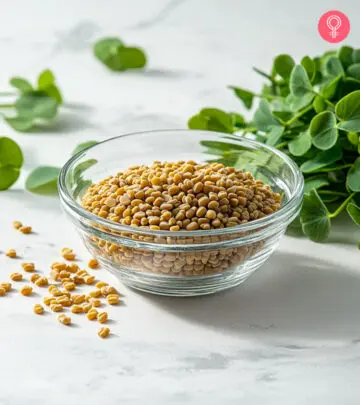
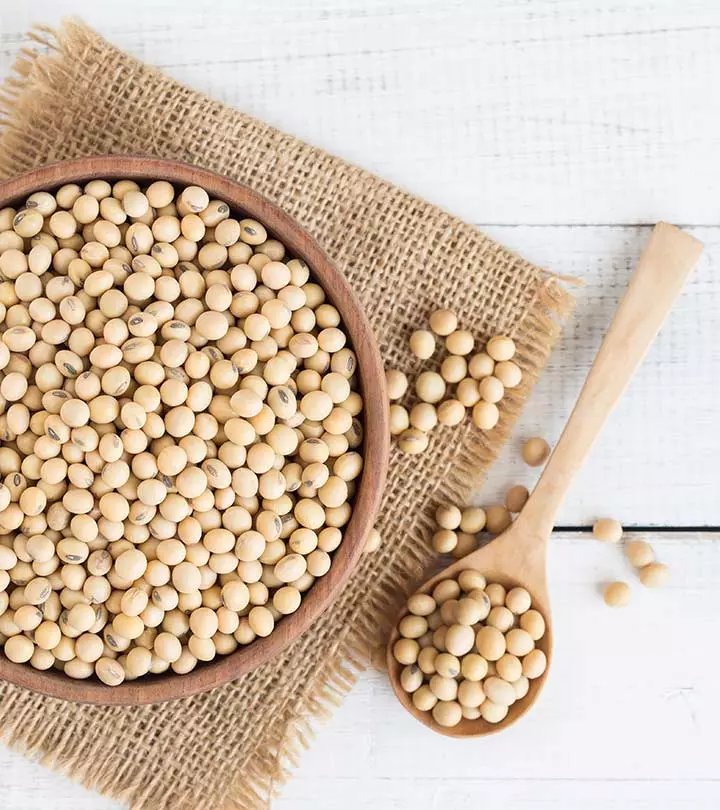



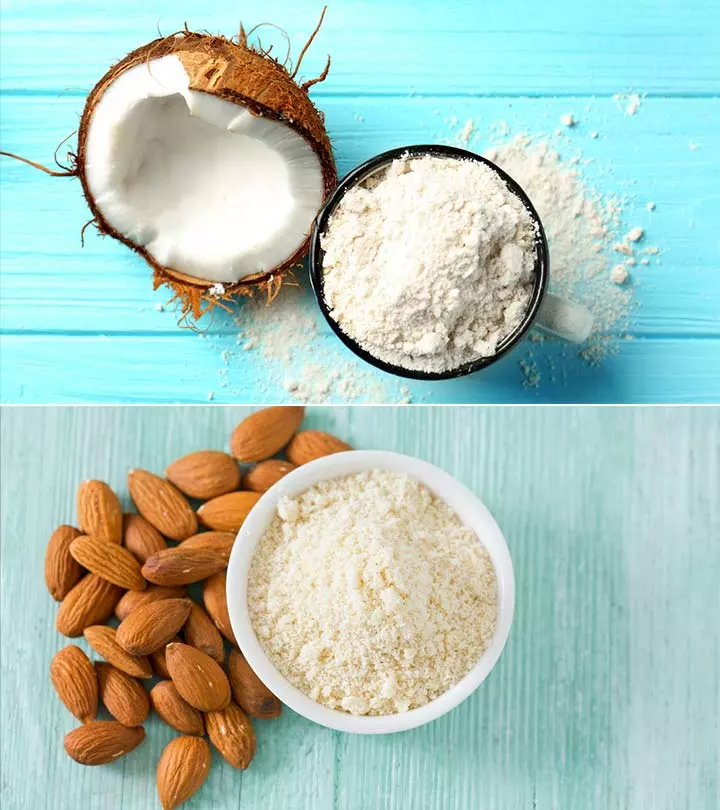

Community Experiences
Join the conversation and become a part of our empowering community! Share your stories, experiences, and insights to connect with other beauty, lifestyle, and health enthusiasts.